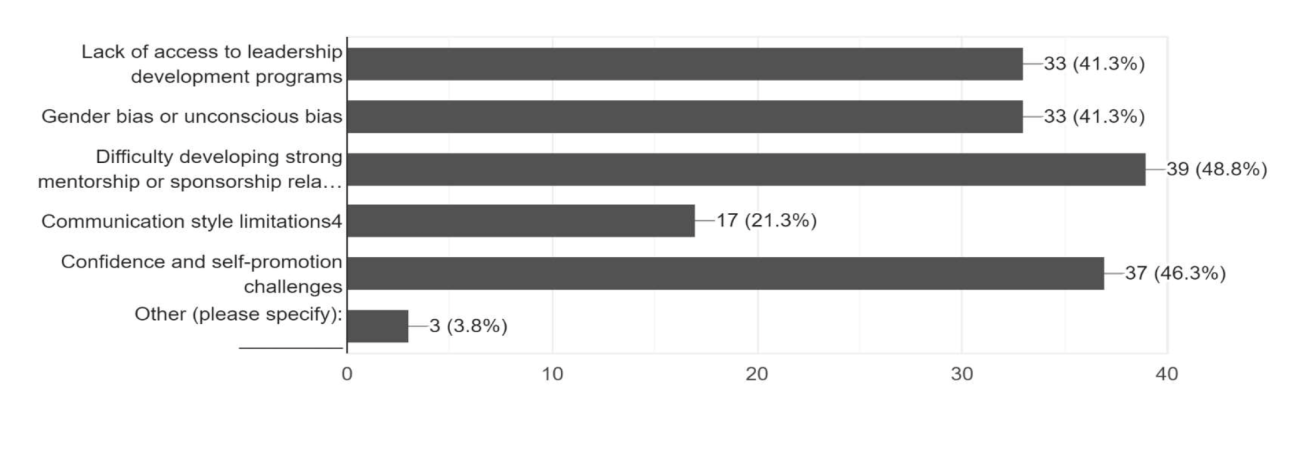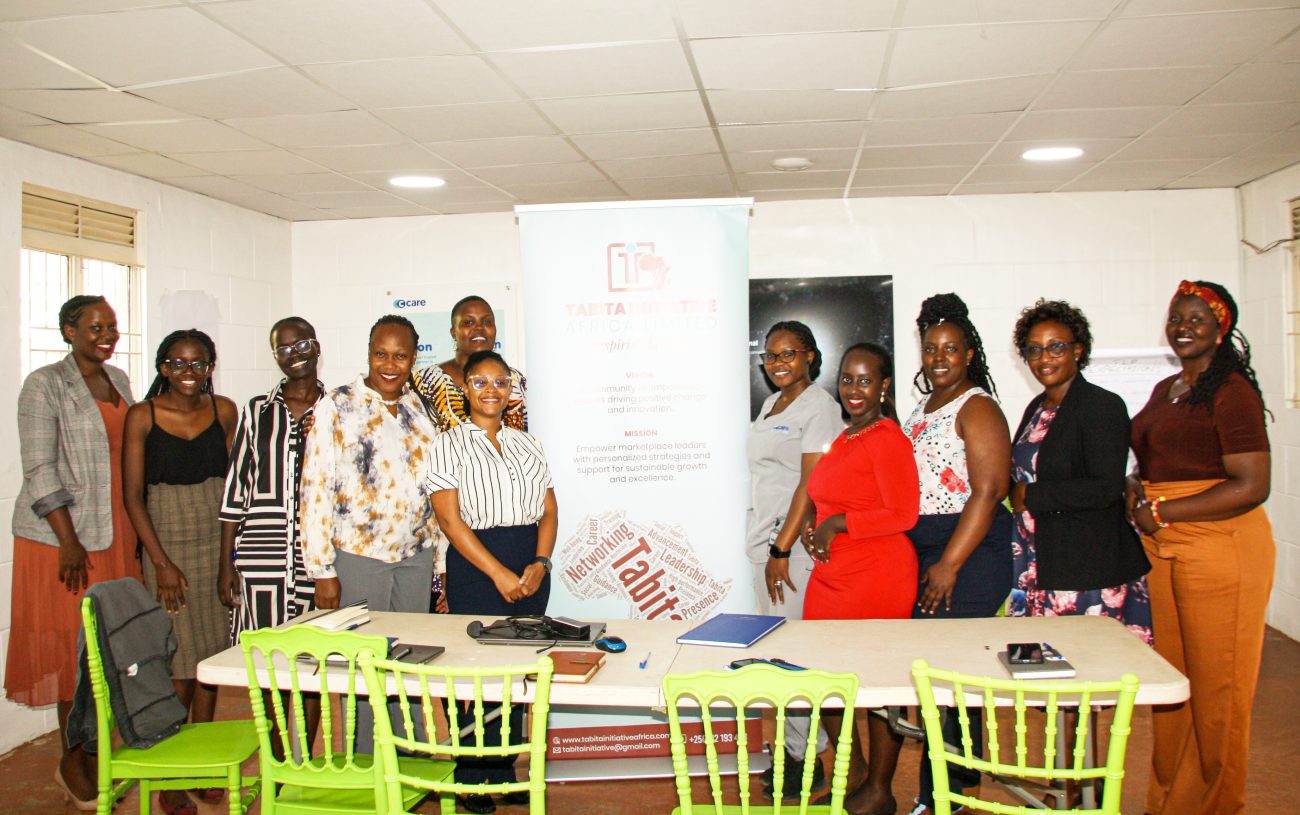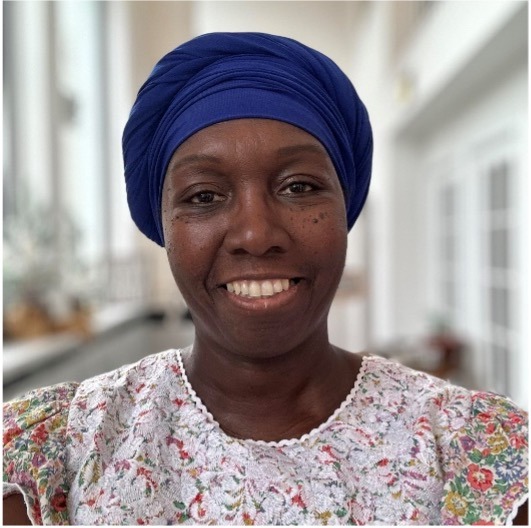2026 Goal Setting Workbook for Clarity & Purpose | Tabita Initiative Africa
Download the 2026 Goal Setting Workbook by Tabita Initiative Africa and plan your year with clarity, purpose, accountability, and intentional action. The beginning of a new year is more than a calendar change. It is an invitation to pause, reflect, and intentionally design the life you want to live. At Tabita Initiative Africa, we believe
- Published in Coaching, PERSONAL DEVELOPMENT
Lead Boldly Into the Future: Master AI Leadership Skills Today
Reserve your seat for an exclusive executive session: “Leading Boldly in the AI Era”Saturday, May 10, 2025 | 7:00 AM – 8:30 AM (EAT) 🔵 Reserve My Spot Now Why Attend The Future Belongs to Leaders Who Act Now About the Webinar In this powerful 90-minute session, you’ll explore how AI is reshaping leadership and
- Published in TLP
Understanding Key Challenges Surrounding Women’s Leadership in Uganda
Women’s leadership remains a critical issue in Uganda, with persistent barriers such as gender bias, lack of mentorship, and limited access to leadership development programs. Despite progress, mid-career women continue to face structural and societal obstacles that hinder their advancement into senior leadership roles. The Women in Leadership Development Program Survey Report provides key insights
- Published in Reports
Tabita Initiative Africa Celebrates Graduation of 12 Women Leaders from the 2nd Cohort
On 12th October 2024, 12 graduates proudly received their certificates from the Tabita Leadership Program, facilitated by Tabita Initiative Africa. This second cohort, comprised of dedicated female leaders from Uganda, Ghana, the Democratic Republic of Congo, and the United States, marked the conclusion of over seven weeks of intense training and additional sessions with esteemed
- Published in Coaching
Youth: The Leaders of Today
Youth are not just the leaders of tomorrow but also of today. However, they must realize the urgency of their time, pick up the mantle, and strive to be the best they can, contributing to the building of our nation. On 12th October 2024, our Founder of Tabita Initiative Africa, Dorcus Magoba had the privilege
- Published in Coaching
Eric Omondi
Eric Omondi is a distinguished leadership and communication coach with a strong background in community health and social entrepreneurship. Since 2015, he has worked extensively with leaders in the nonprofit sector, enhancing their leadership effectiveness and communication skills. Eric is the founder and Executive Director of ASHWA, a nonprofit organization dedicated to improving the lives
- Published in Member
Babra Irakiza
Babra Irakiza is a Ugandan female, a CMA Certified Professional Transformational Coach, a facilitator with Tabita Initiative Africa Limited, and an experienced Human Resource Practitioner, currently working with the Government, Babra is a Certified Balanced Scorecard Professional and has a bias in leadership development, personal development, Organisational development, performance management, and policy development. She is
- Published in Member
Launch of Women in Leadership Program – C-Care Uganda
As part of our L&D Strategy FY25, C-Care Uganda Launched a Women in Leadership program with Tabita Initiative Africa Limited. This transformative initiative underscores our unwavering commitment to fostering gender diversity, inclusivity, and empowerment in the workplace. This program aims to equip women with the skills, confidence, and opportunities to thrive in leadership roles and
- Published in Uncategorized
Niccqueta Varmall
Founder and Director of USA Chapter, Tabita Leadership Program Contact Varmall: +1 (501) 887-1196 Her work extends beyond her own initiatives as she now leads the USA Chapter of the Tabita Leadership Program, bringing her expertise in leadership development to the forefront. Known for her collaborative and nurturing coaching style, Niccqueta empowers professionals from various
- Published in Member
Tears and Tremors
Why does the world embrace mediocrity, Yet shun the brilliance of true excellence? Why will someone harbor hate towards you, When you’ve done naught to deserve their disdain? Why do they speak ill of you, Spewing venomous words without cause? Why do some revel in making others suffer, Turning lives into a relentless trial? Why
- Published in Uncategorized
- 1
- 2









